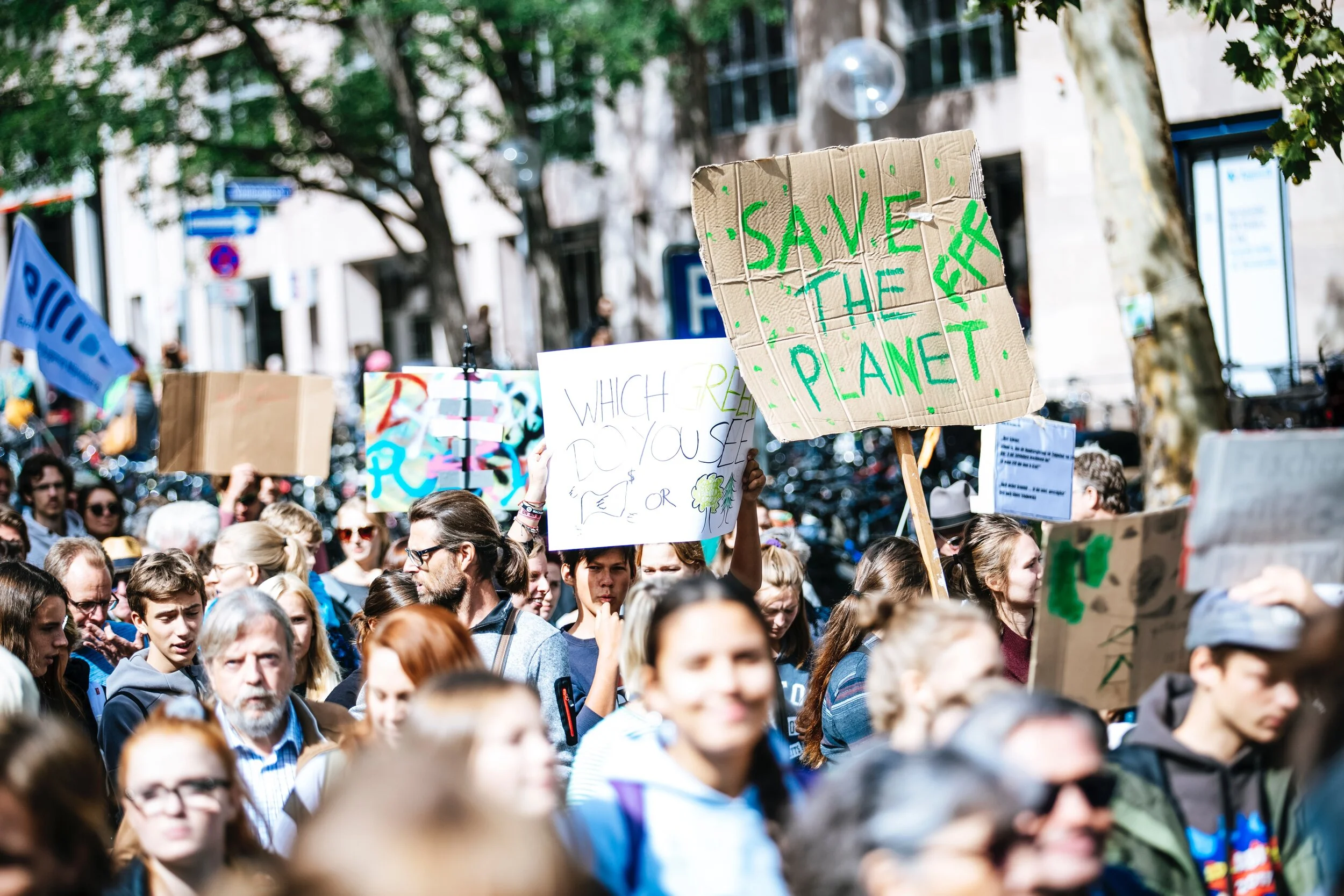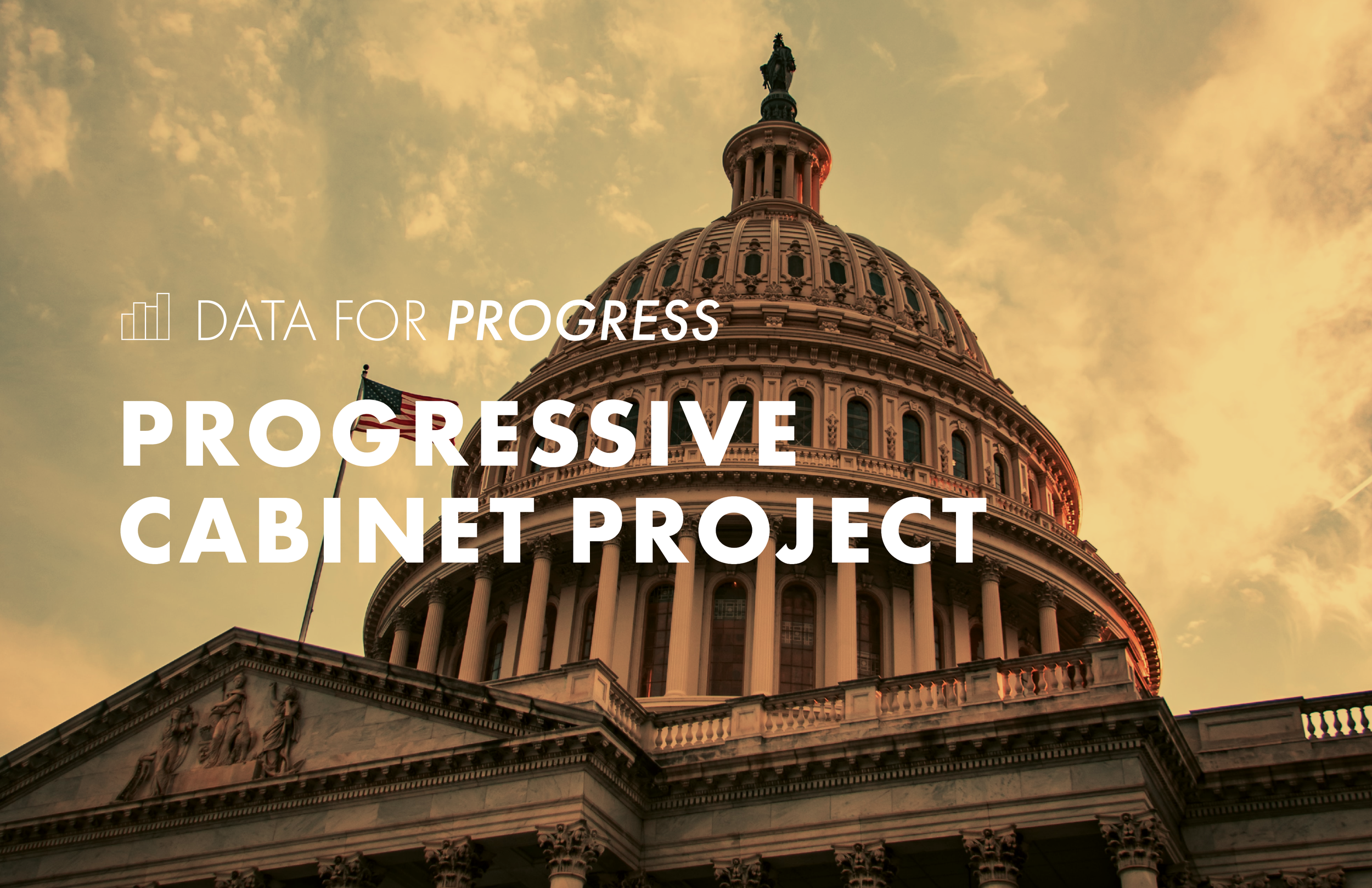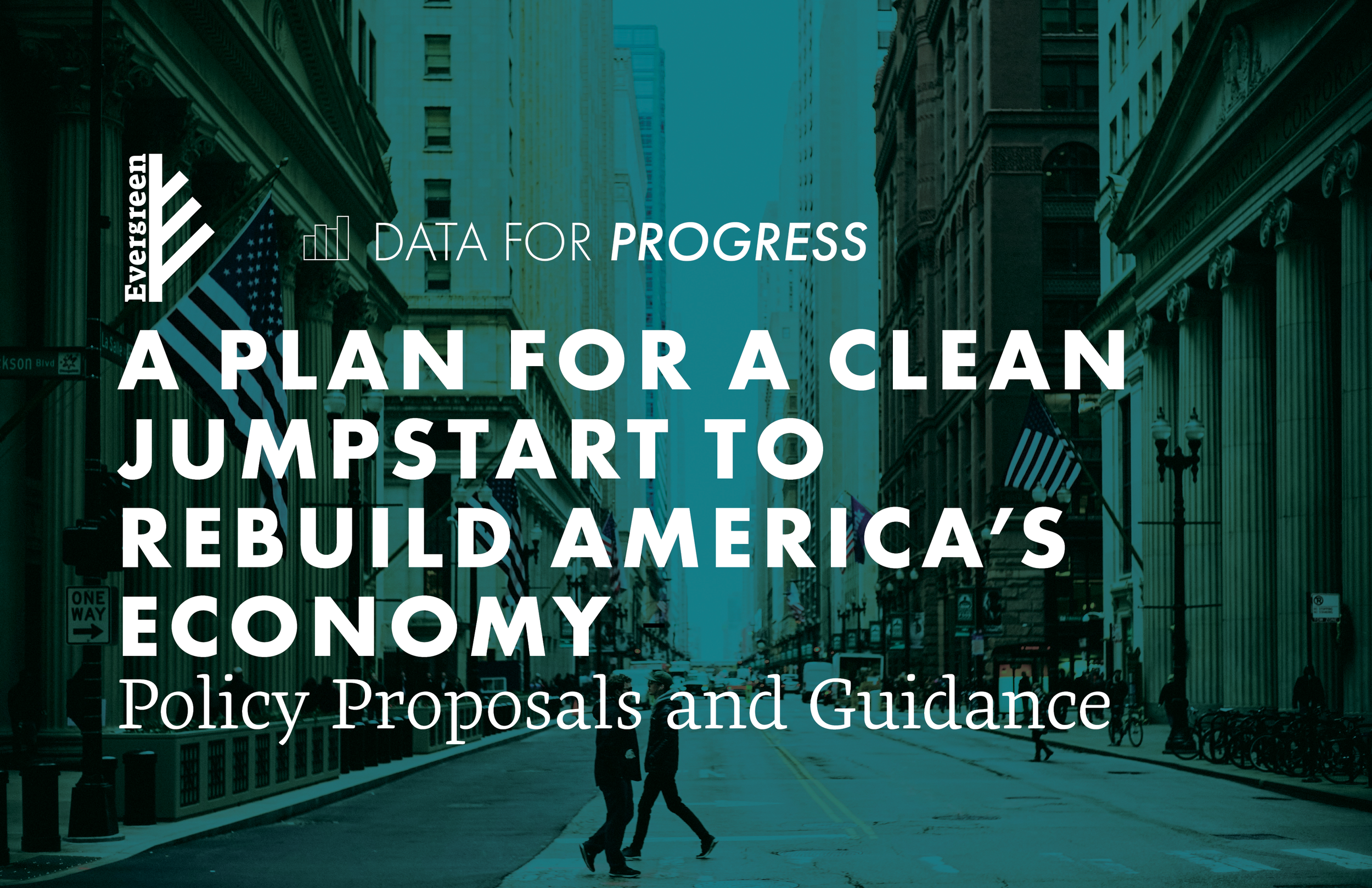Memo: Prosecutors Should Not Take Money from Police Unions
By Kate Levine Associate Professor of Law, Benjamin N. Cardozo School of Law
Executive Summary
Over the past several months, protests against police violence and the criminalization of communities of color have increased focus and attention on calls to defund the police and limit their political influence. This development has forced elected prosecutors to reckon with their role in a system that has long failed in its mission to build trust and keep people safe.
Increasingly across the country, elected prosecutors are committing to policy changes that will reduce incarceration and the harm wrought by the criminal legal system—including declining to charge people who do not pose a public safety threat and focusing on diversion and rehabilitation instead of prosecution. But these important efforts are often vigorously challenged by law enforcement and their unions, who use their public platform and political influence in an effort to thwart progress.
On the whole, police unions and their political advocacy are antithetical to prosecutors who endeavor to seek justice in a system with very little of it. Accordingly, elected prosecutors should maintain their professional and ethical independence from law enforcement and neither seek nor accept campaign contributions from police unions and other law enforcement organizations.
Polling from Data for Progress and The Justice Collaborative Institute showed support for the separation between prosecutors and the police:
56% of respondents strongly or somewhat support ethics rules that would prohibit prosecutors from taking campaign contributions from police and police unions. Fewer than 25% oppose the idea.
54% of respondents strongly or somewhat support state laws to prohibit such campaign donations.





